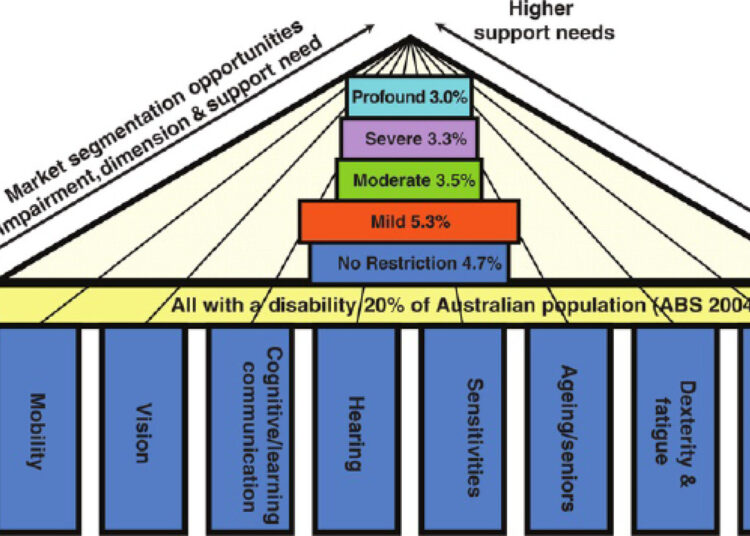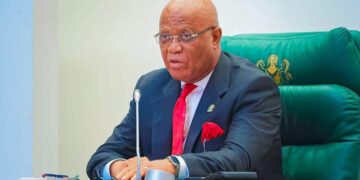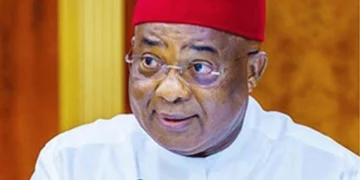The Africa Policy Research Institute (APRI) has called on Nigeria to work towards achieving net-zero emissions by 2060 through a homegrown, data-backed energy transition plan.
The call was part of Dr. Olumide Abimbola, executive director of APRI‘s submissions, at Wednesday‘s opening ceremony of a two-day Global South Peer Learning Workshop on Country Platforms for climate action and just energy transition in Abuja.
The workshop brought together government officials, private sector leaders, civil society, and international partners across the Global South, including Indonesia, Vietnam, South Africa, China, and Senegal.
The event, organised by the Africa Policy Research Institute in partnership with the Federal Ministry of Budget and Economic Planning, the Nigerian Economic Summit Group (NESG), the National Council on Climate Change Secretariat, and the Shehu Musa Yar’Adua Foundation, focused on sharing practical lessons and strategies for designing coordinated national frameworks to drive low-emission growth, mobilise climate finance, and ensure a just and inclusive energy transition.
Speaking at the event, Abimbola said the urgency of turning climate rhetoric into reality through strong cross-sectoral partnerships and Global South collaboration is of utmost importance.
He highlighted Nigeria’s ambition to achieve net-zero emissions by 2060 through a homegrown, data-backed energy transition plan. He underscored the importance of this convening in informing Nigeria’s forthcoming National Development Plan (2026-2030) to mainstream climate priorities across sectors such as power, transportation, agriculture, industry, and finance.
The workshop addressed key themes, including what works and what doesn’t in country platform design, building domestic ownership and trust, and navigating the evolving global financing landscape amid geopolitical shifts and fiscal tightening in traditional donor economies.
Participants critically reflected on the effectiveness of existing Just Energy Transition Partnerships (JETPs) and explored new opportunities for African agency, resilient investment platforms, and responsible leverage of critical minerals.
Supported by the Ford Foundation and the African Climate Foundation, the workshop is expected to catalyze Nigeria’s leadership role in Africa’s climate future by fostering ambitious, clear, and authentic climate action rooted in local realities and shared Global South experiences.





